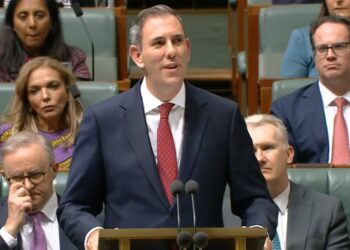David Hobbs has also been permanently banned from managing companies and providing financial services, the Australian Securities and Investments Commission (ASIC) said.
Mr Hobbs’ penalty order of $500,000 is the largest awarded in ASIC’s history.
An ASIC investigation found that Hobbs’ was one of 13 people, including his wife, Jacqueline Hobbs, who operated the unlicensed funds that targeted Australian investors and self-managed superannuation funds.
More than $55 million was invested in 14 individual investment funds, in countries including Hong Kong, Anguilla and the Turks and Caicos Islands.
Late last year, the Supreme Court of New South Wales found that together, the funds were one large scheme and that Mr Hobbs either “personally chose” or “implicitly approved” the other individuals who operated the scheme with him.
Earlier this month, three people involved in the scheme were sentenced to jail terms for the role they played in operating one of the funds.
The court found that the three knew the fund they were operating was a “scam with no prospect of legitimate return” and that the “salary” they were drawing for themselves came from investors’ money.
Meanwhile, Jacqueline Hobbs received an eight-year ban on providing financial services and a $20,000 fine.
David Collard has been permanently banned from financial services and has been fined $150,000, while Huimin (Nancy) Wu was given an eight-year ban.
ASIC commissioner Greg Tanzer slammed Mr Hobbs’ behaviour: “The whole scheme was designed to avoid compliance with Australian financial services law,” he said.
“Mr Hobbs’ conduct involved a gross breach of investors’ trust. His actions were very serious and have left his victims in difficult financial positions.
“ASIC will act to ensure those who deliberately deceive investors or misuse investors’ money for their own personal benefit are brought to account.”
He added that the matter should serve as a reminder to investors to beware of returns that sound too good to be true.



